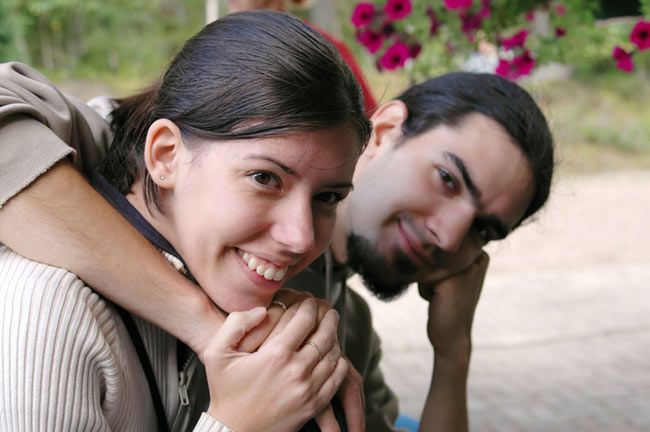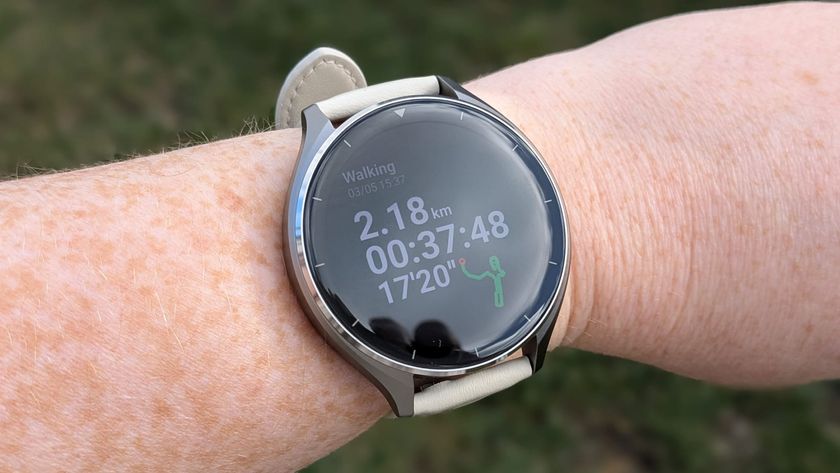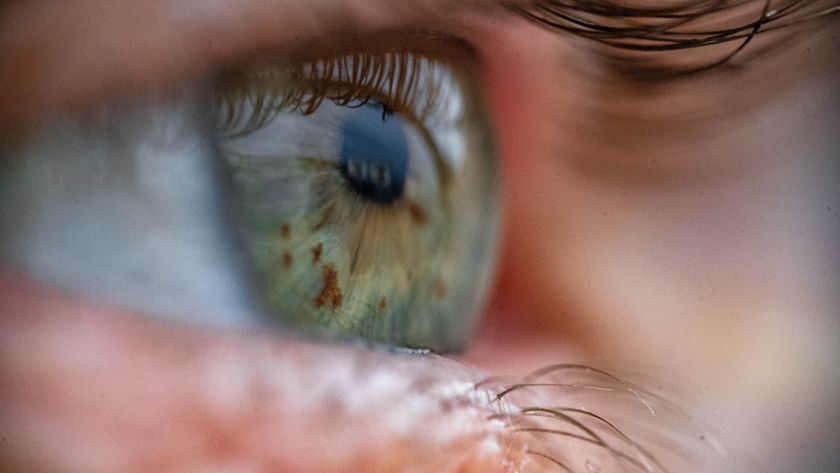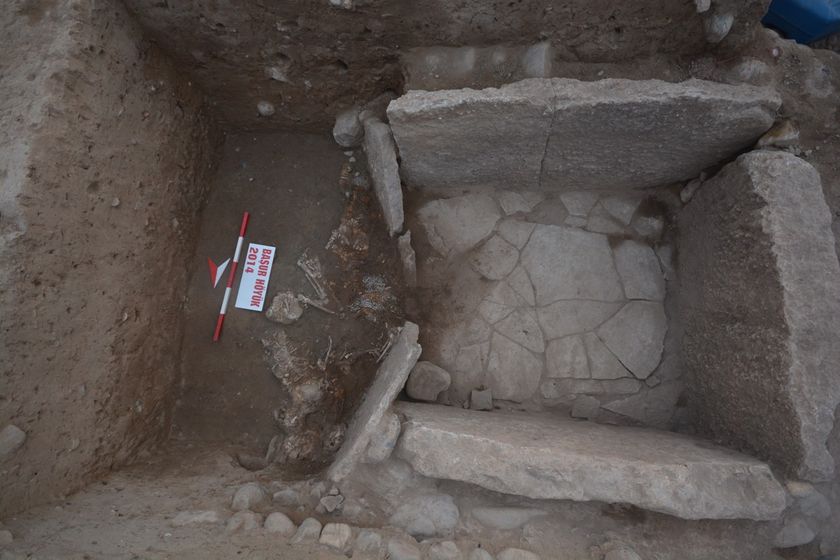
Does Religion Matter for Couples?

Helen Fisher, biological anthropologist and chief scientific advisor for Chemistry.com, contributed this article to LiveScience’s Expert Voices: Op-Ed & Insights.
Happy Easter, if you are Christian. Happy spring weekend to the rest of you. I have just returned from the highlands of New Guinea where Christianity has taken hold among people who still sleep in thatched huts around an open fire, on leaves. No pillows. No blankets. No stoves. No electricity. No running water. No TVs or radios. Almost no one wears shoes, not even flip-flops. And they still hunt — and war — with bows and arrows (far better, they say, than guns). But beyond these hamlets, beyond their sweet potato gardens, beyond the fields where their pigs forage, nestled among the jungle trees stand the bare tin walls of the local Christian church. And on Easter Sunday, many will assemble to follow the same rituals as those in the cathedrals of the world.
What do we have in common with these men and women? For the past three years, Match.com and I have been asking singles in America many questions. Among them, how important it is that a potential mate “belongs to the same religion?” Every year, I am stunned by the response. In 2012, 71 percent of men and 60 percent of women reported that it was “not very important” or “not at all important” to have a partner of the same faith. In 2011 and 2010, even more regarded this as unimportant. Moreover, when asked how likely singles were to consider getting into a serious relationship with someone “with a different religious background,” an overwhelming 68 percent of men and 61 percent of women in 2012 regarded this as “very likely” or “somewhat likely.” And these percentages were similar in 2011 and 2010.
What do you make of this? To me, it appears as if we are turning inward with our religious beliefs. We are still a pious society; indeed, many who are not members of a formal church are “spiritual” instead. But for centuries the Christian church has been at the center of Western social life. One was expected to marry within one’s faith. The church provided not only creed, but community – the social networks that guided daily life. Today we build these social networks on the Internet, in our leisure activities, and at work instead.
Is this good…or bad? I’m not in the good-bad business. But as an anthropologist, I find it interesting that American singles now seek something different in a mate. Over 90 percent say they “must have” or find it “very important” to have someone who respects them, and someone whom they can trust and confide in. Singles are following a personal religious path, and enabling their partners to do the same. We are becoming much like the men and women of New Guinea. They have had deep family and community connections for thousands of years before Christianity appeared. Only some have adopted this new religion. And each practices his or her own personal religious beliefs. Free from the social strictures of the past, singles have also begun to practice religion in their own, far more personal way.
The views expressed are those of the author and do not necessarily reflect the views of the publisher.
Read Fisher's most recent Op-Ed: How to Get Happy: Seek a 'Meaningful Life'
Sign up for the Live Science daily newsletter now
Get the world’s most fascinating discoveries delivered straight to your inbox.











